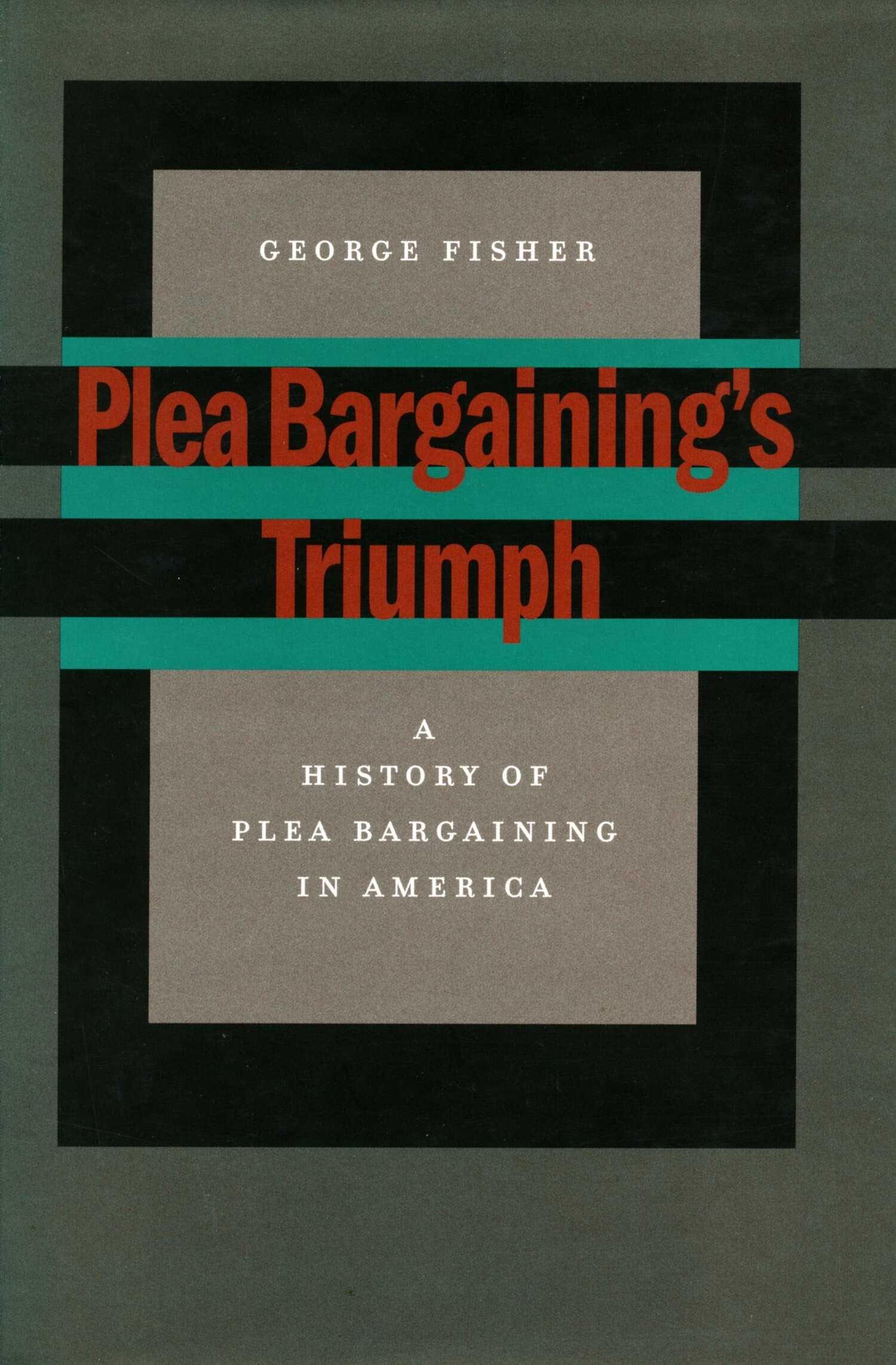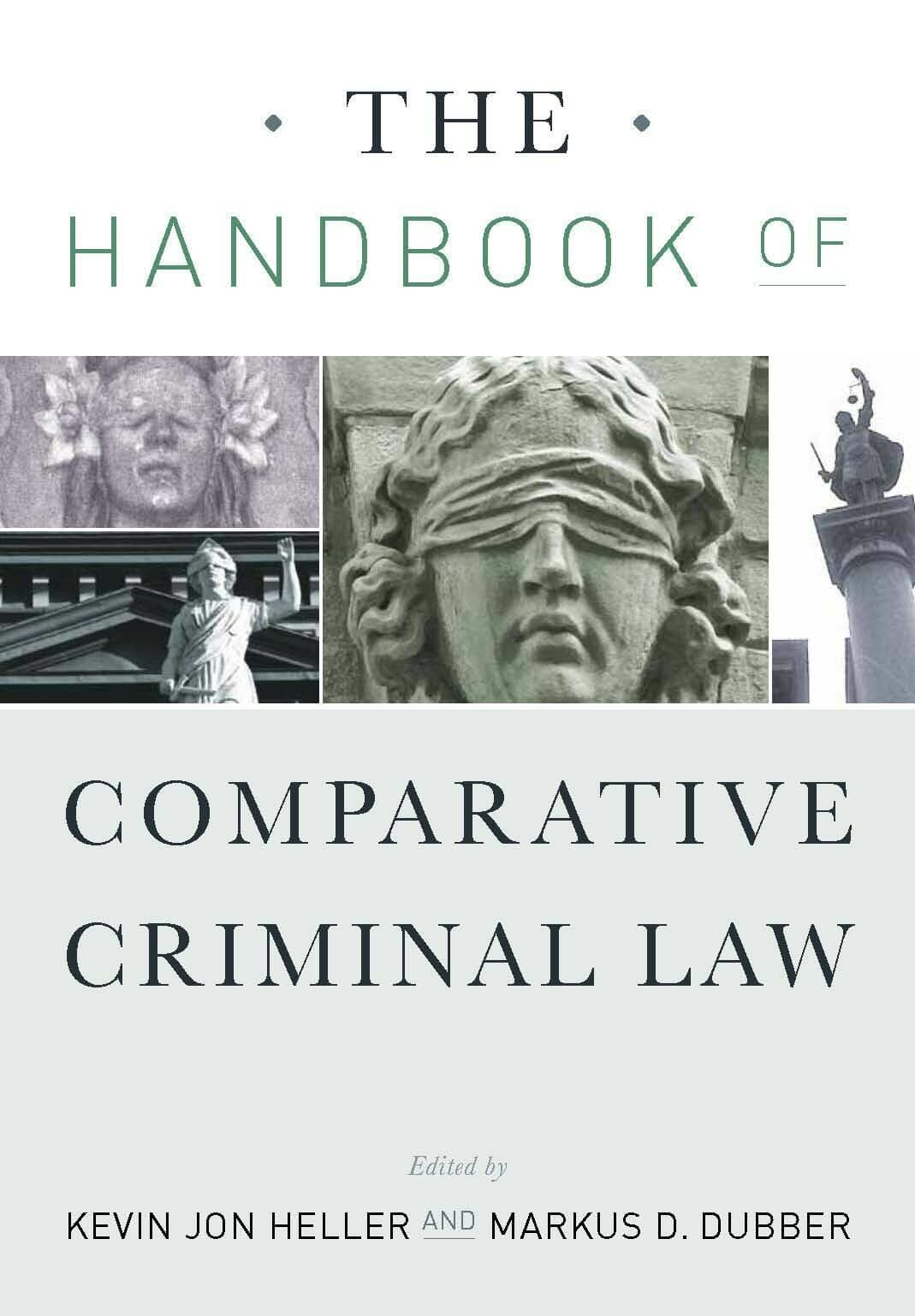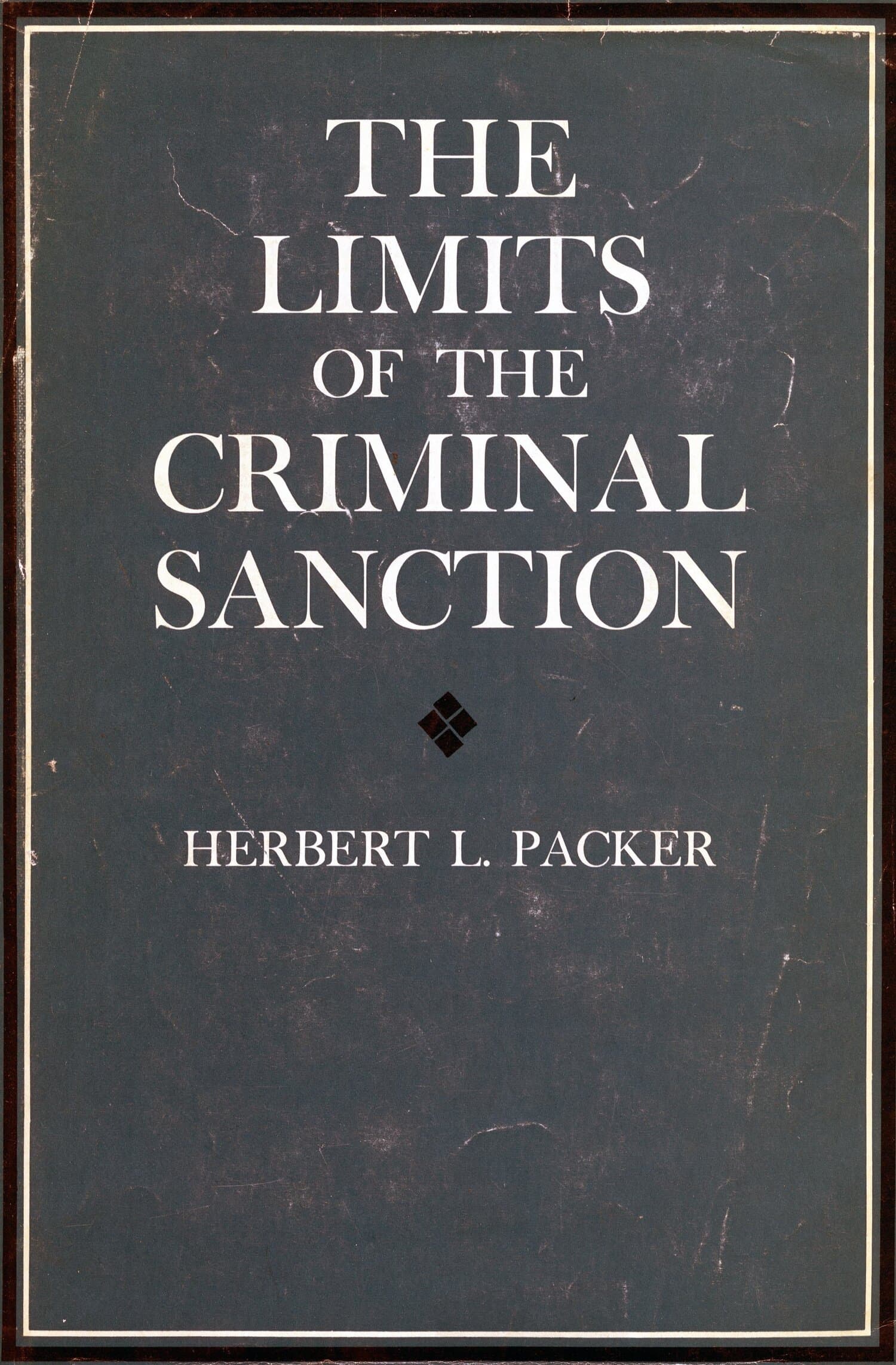Plea Bargaining’s Triumph
Also Available from

Though originally an interloper in a system of justice mediated by courtroom battles, plea bargaining now dominates American criminal justice. This book traces the evolution of plea bargaining from its beginnings in the early nineteenth century to its present pervasive role.
Through the first three quarters of the nineteenth century, judges showed far less enthusiasm for plea bargaining than did prosecutors. After all, plea bargaining did not assure judges “victory”; judges did not suffer under the workload that prosecutors faced; and judges had principled objections to dickering for justice and to sharing sentencing authority with prosecutors. The revolution in tort law, however, brought on a flood of complex civil cases, which persuaded judges of the wisdom of efficient settlement of criminal cases.
Having secured the patronage of both prosecutors and judges, plea bargaining quickly grew to be the dominant institution of American criminal procedure. Indeed, it is difficult to name a single innovation in criminal procedure during the last 150 years that has been incompatible with plea bargaining’s progress and survived.
"Rarely does a work of legal history speak so clearly to contemporary crisis as does George Fisher's Plea Bargaining's Triumph.—Candace McCoy, School of Criminal Justice, Rutgers University
"Fisher's wide-ranging and innovative approach makes a major contribution to our understanding of the origins and stability of plea bargaining as a central feature of our modern criminal courts."—American Historical Review
"A practice like plea bargaining is so pervasive that no one gives it a second thought. It is good to look back to its origins, and Plea Bargaining's Triumph is to be praised, and read, for doing so."—The Federal Lawyer
"Fisher has produced the best account of the rise and 'triumph' of plea bargaining in the literature of American criminal justice history. He has also produced a provocative work of interdisciplinary history that merits the attention of all scholars who write about the past."—Journal of Interdisciplinary History




